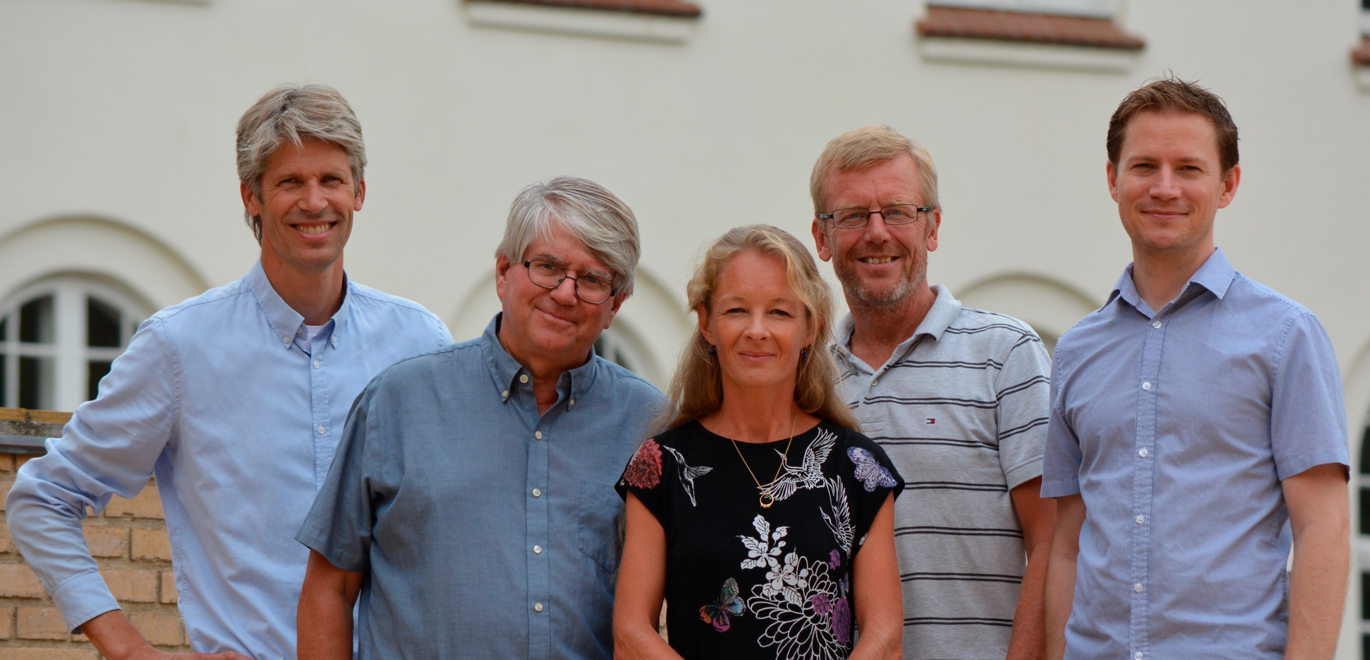AIAS Fellow Rasmus O. Bak and collaborators receive large grant from Innovation Fund Denmark
With a grant of DKK 25 million gene editing therapies will in the future be brought from the laboratory to the patient to cure patients born with inherited and deadly immune defects.

Inherited genetic defects can cause the immune system to fail and thus leave the body unprotected against the microorganisms that we are constantly exposed to. The grant from Innovation Fund Denmark enables AIAS Fellow Rasmus O. Bak and Associate Professor at the Dept. of Biomedicine at Aarhus University and his research collaborators at Aarhus University and Aarhus University Hospital to develop a new technology to correct the responsible genetic errors.
Some of the most serious inherited diseases involve the immune system. When the immune system is not functioning, patients often die at a very young age due to simple infections. Now the knowledge of the genetic causes of these diseases is so advanced that the precise genetic errors can be detected.
Innovation Fund Denmark has invested DKK 25 million in the project ’Personalized approach to genome editing of stem cells for autotransplantation of monogenic immunodeficiencies’. With this grant, a collaboration between Aarhus University researchers Rasmus O. Bak and Jacob Giehm Mikkelsen and Aarhus University Hopital doctors Trine Mogensen, Peter Hokland and Bjarne K. Møller is established. The team will now further develop the revolutionary CRISPR/Cas9 gene editing technology – a tool that has been developed within the last five years and has made precise and efficient gene editing of the human genome possible.
By further developing this tool, the hope is to cure these diseases by correcting the genetic code in the patient’s stem cells, which throughout life produce cells of the immune system.
The researchers use the Cas9 enzyme of the CRISPR system – a molecular pair of scissors that, with the help of the cells’ own DNA repair machinery, cuts out the defective part of the responsible gene and replaces it with the correct genetic information. Hereby the patient’s defective immune system is replaced with immune cells that are formed by the corrected stem cells, ultimately restoring a normal immune defense against infections.
Facts about the Innovation Fund Denmark grant
Investment: DKK 25 million
Total budget: DKK 33 million
Duration: 5 years
Official title: ‘Personalized approach to genome editing of stem cells for autotransplantation of monogenic immunodeficiencies’
Read Innovation Fund DK’s press release (in Danish):
https://innovationsfonden.dk/da/nyheder-presse-og-job/dodeligt-medfodte-sygdomme-skal-i-fremtiden-helbredes-med-genterapi
More about Innovation Fund Denmark
Innovationsfonden: https://innovationsfonden.dk/da
Contact
Trine Mogensen, Professor, MD
Aarhus University, Dept. of Biomedicine and Dept. of Clinical Medicine
Aarhus University Hospital, Department of Infectious Diseases
E-mail: trine.mogensen@biomed.au.dk
Phone: +45 20 12 52 80
Rasmus O. Bak, AIAS Fellow, Associate Professor
Phone: +45 93 92 91 00
E-mail: bak@aias.au.dk
Aarhus Institute of Advanced Studies (AIAS) and
Aarhus University, Department of Biomedicine
Denmark
